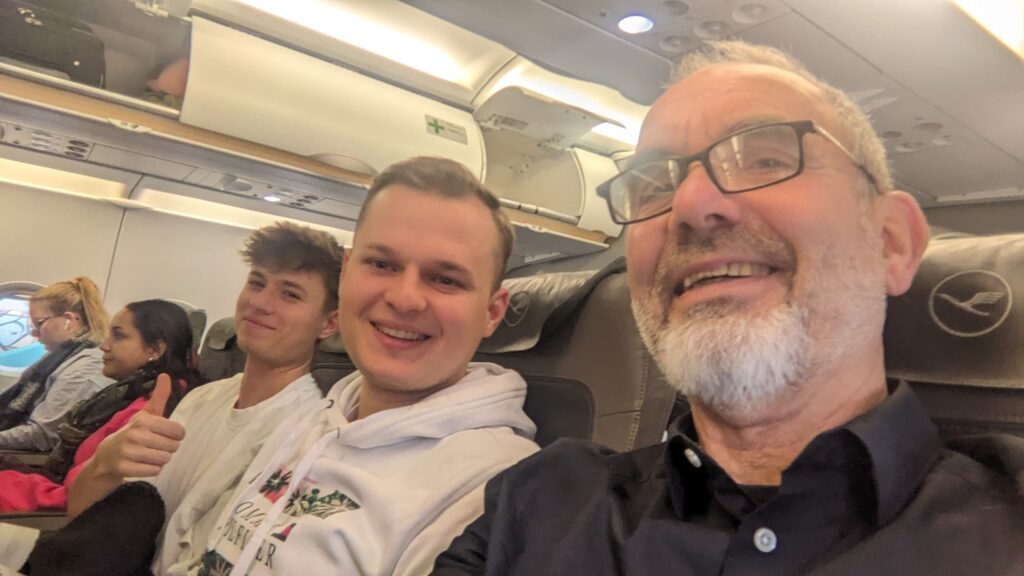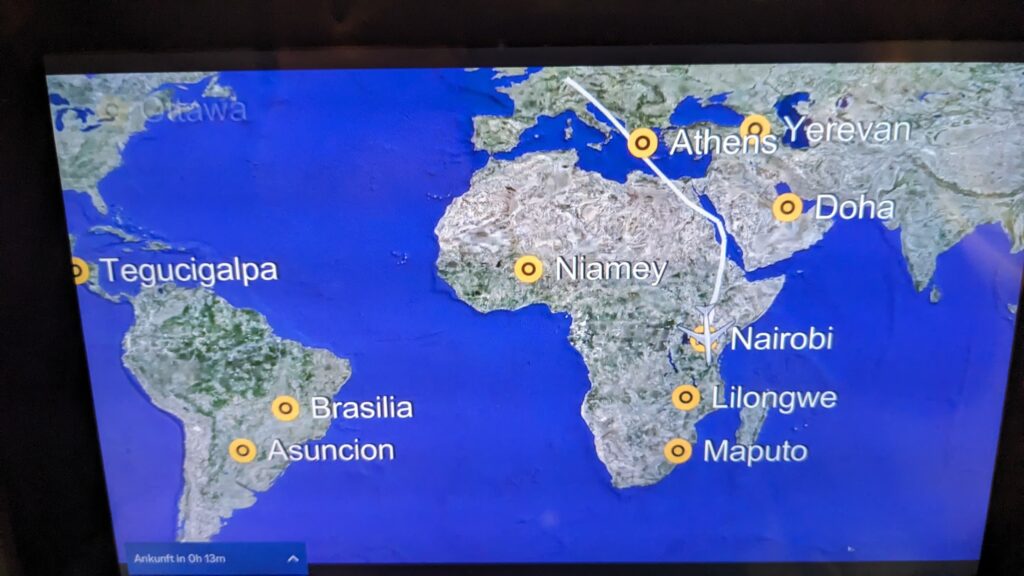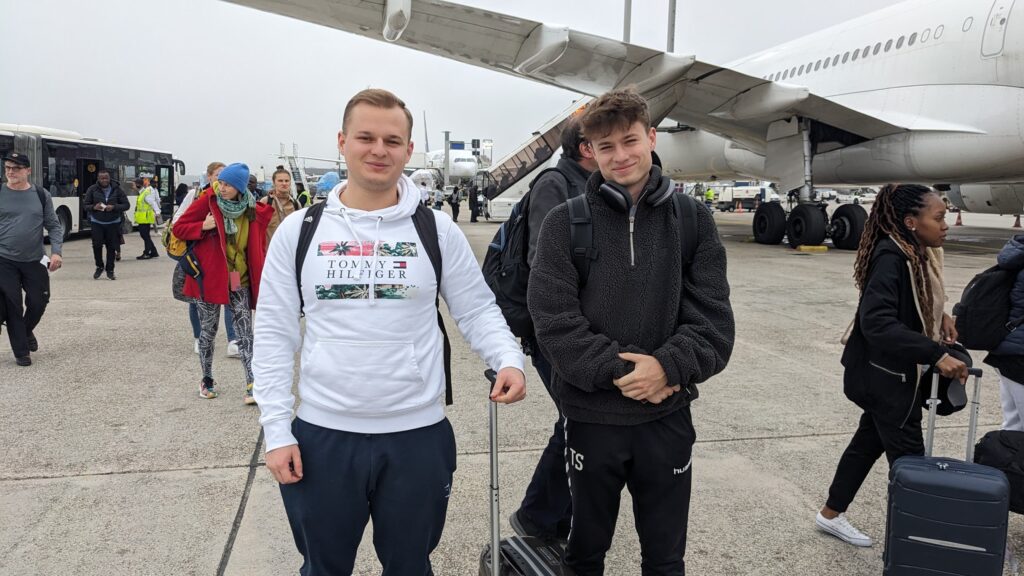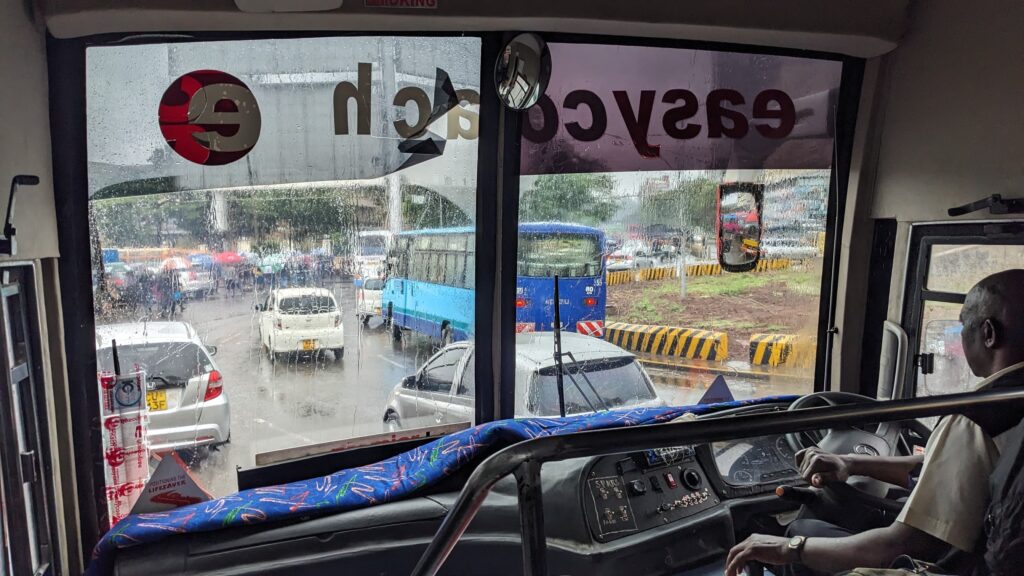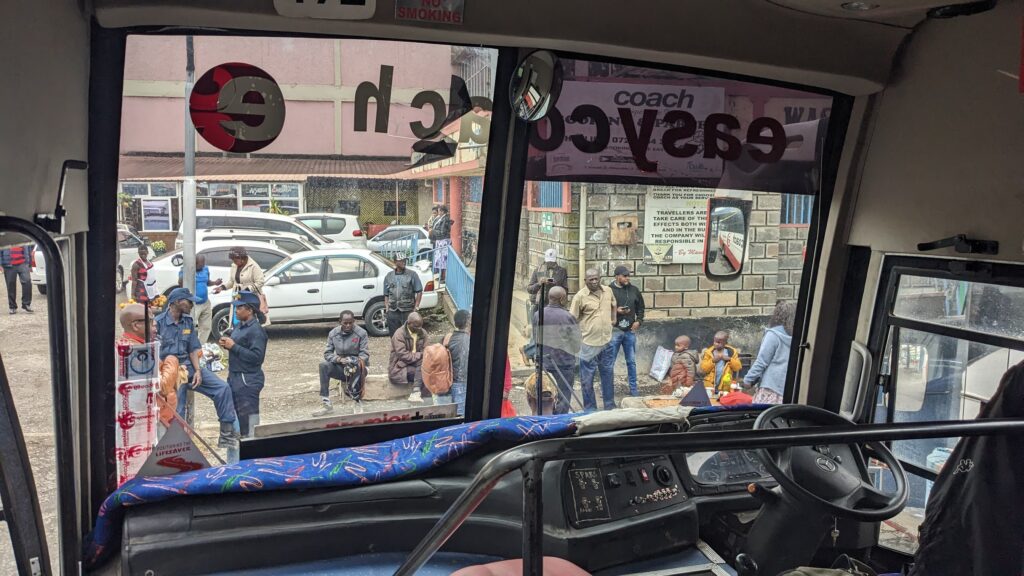Industry 4.0 has revolutionized automation and digitization in large-scale production facilities – the “steel halls of massive factories.” However, the potential of these technologies extends far beyond traditional industries. Agriculture, especially in regions heavily impacted by climatic challenges, can greatly benefit from IoT technologies. Through the ELI project (English Teaching Increments) at the Brandenburg University of Applied Sciences (THB), we are taking a step towards bringing digital innovations to traditional agriculture in collaboration with students and professors from various disciplines at Masinde Muliro University of Science and Technology (MMUST) in Kenya.
The ELI Project: Internationalization and Knowledge Transfer
The ELI project aims to strengthen the internationalization of curricula and provide students with a platform to develop international and intercultural competencies. Working with MMUST enables us to integrate modern technologies into practical agricultural projects, enriching education at both universities in a sustainable way.
Journey into Reality: An Intercultural Experience
Our journey began with a flight from Berlin to Nairobi, followed by a ten-hour bus ride to western Kenya. During the trip, the status of the on-site situation remained uncertain – we would only discover upon arrival how far previous projects had progressed and what specific needs existed in local agriculture. The bus ride itself offered a deep insight into Kenya’s cultural diversity and daily life, far removed from tourist paths and directly connected to the local reality.
Digital Innovation for Agriculture
Armed with a variety of sensors, LoRaWAN gateways, and Raspberry Pi computers, we were prepared to implement different scenarios: smart greenhouses, bio digester, and modular weather stations. The goal is to deploy these technologies in collaboration with MMUST students and professors, integrating them into existing agricultural projects at the university. These solutions are designed not only to increase productivity but also to serve as practical teaching tools for future development.
Outlook: Together Towards a Sustainable Future
Our project is just the beginning. The collaboration with MMUST demonstrates how intercultural partnerships and technological innovations can make agriculture more sustainable and efficient. At the same time, we are laying the foundation for future projects and fostering a deeper international exchange between our universities.
We look forward to sharing the first implementations and results in the coming weeks!
